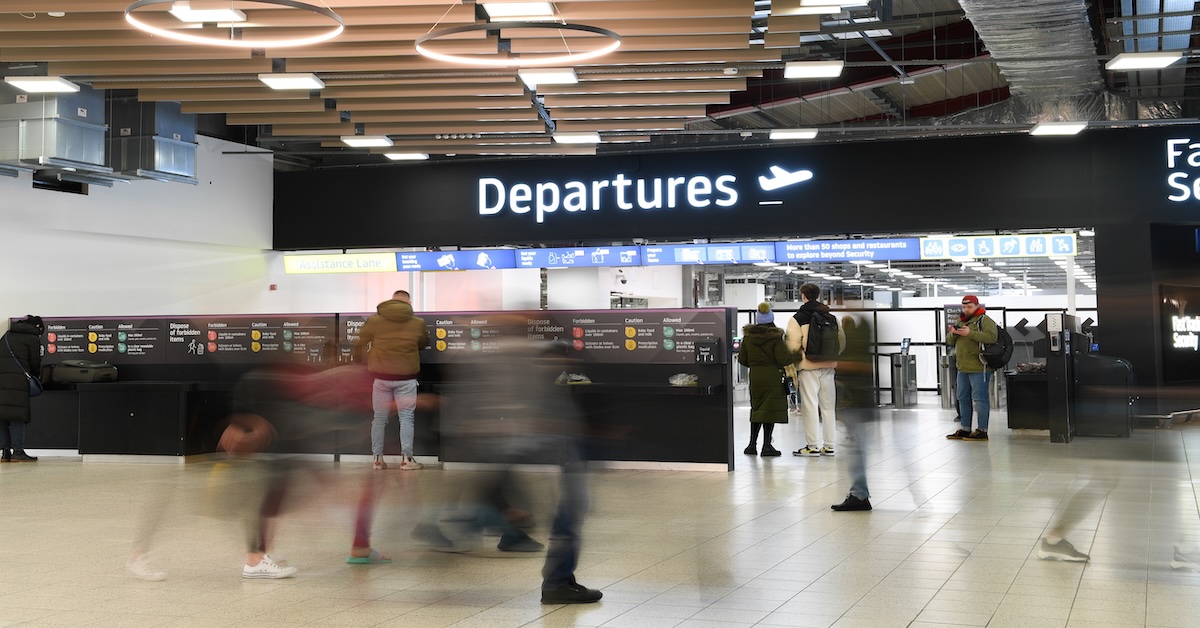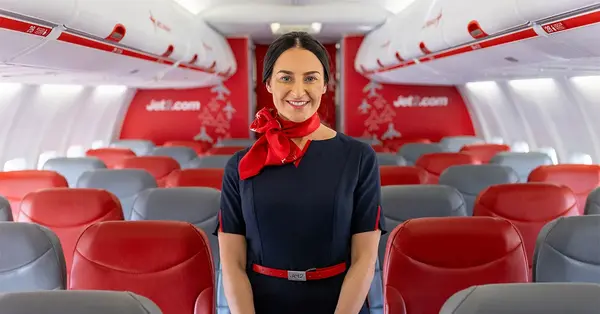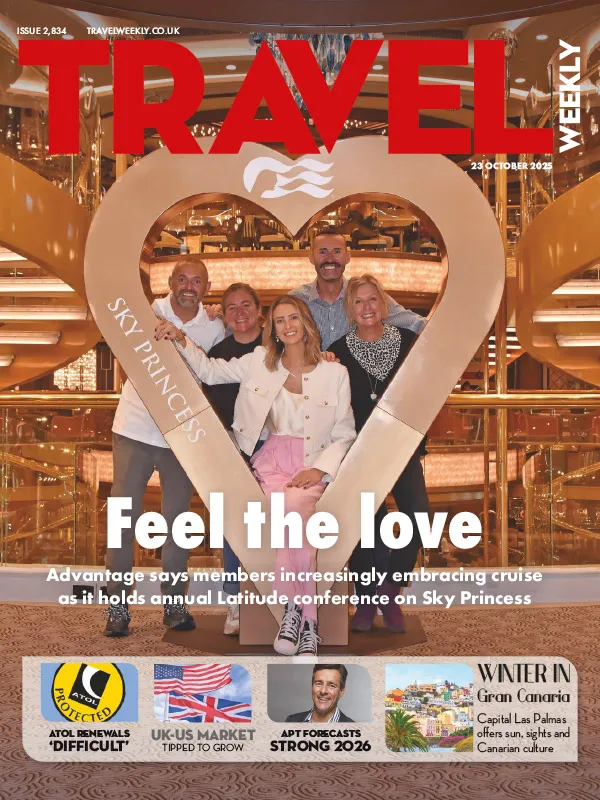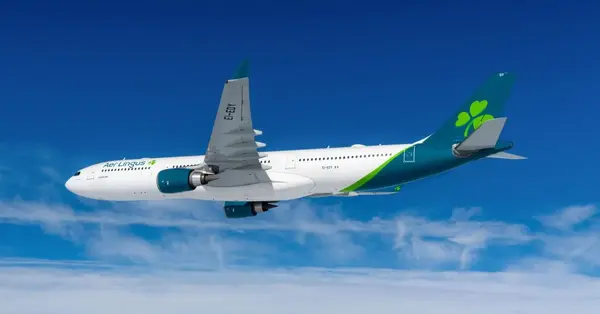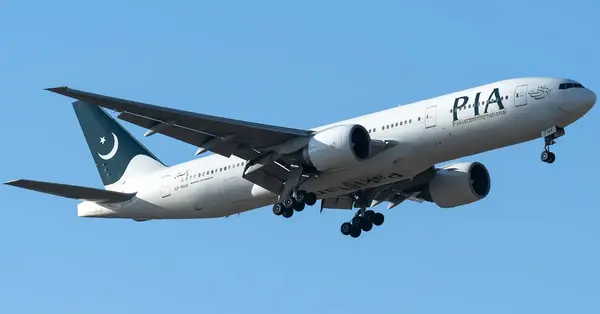You are viewing 2 of your 2 free articles
Comment: How ‘safeguarding’ models can aid the industry
After years of disruption, the travel industry has experienced a strong recovery. Yet travel merchants are still struggling to manage cash flow. The fight for liquidity is arguably more difficult than ever, partly due to how merchants work with card acquirers.
Thankfully, ‘safeguarding' models can ensure merchants' cash flow remains healthy and encourage the sector's growth.
How does this work? First, a recap of the relationship between merchants and the businesses (acquirers) which accept credit card payments on their behalf. When a merchant accepts a card payment, acquirers can demand collateral (otherwise known as a ‘holdback') to protect themselves in case the merchant goes bust.
It is an understandable approach from acquirers which don't want to hinder travel companies but must ensure they're covered.
However, the collateral can be excessive. This approach can see an acquirer retain 100% of the funds from a transaction until the moment travel gets underway, causing serious cash flow issues for a merchant which may not see the financial benefits of a sale for many months.
Safeguarding offers an alternative to acquirer holdbacks and can massively boost liquidity for merchants. This more-flexible financial mechanism holds funds in trust and returns them to the merchant much sooner than the traditional model.
Under a safeguarding arrangement, the merchant still lodges a cash reserve. But instead of this being held directly by the acquirer and only returned in large tranches when the acquirer decides, the money is placed in a trust and released steadily back to the merchant on a planned basis.
Combined with modern risk-assessment tools which provide merchants and acquirers with greater business intelligence, this allows acquirers to take a lighter-touch approach to holding funds, delivering serious benefits for merchants.
First, and arguably most important, safeguarding can improve liquidity for travel merchants with more money released sooner and back in the merchant's account instead of being unavailable for potentially months until consumers travel.
Using this model, the acquirer and merchant agree a schedule for the funds release, based on factors including the total value of bookings, an accurate picture of potential chargeback exposure thanks to risk-assessment tools, and the overall financial health of the merchant.
Second, merchants benefit from improved transparency. While terms may be adjusted if their risk profile changes, merchants always know how much money will be returned to them and when.
Third, safeguarded funds can be noted on the merchant's balance sheet, while holdback funds cannot – a factor important for financial health.
A final tip for those considering this model – it's important to remember that not all industry participants are seeking the same terms, and not all payment firms have the same level of risk appetite.
This means merchants should have open and flexible negotiations with their payment processor to ensure protection is matched to the needs of both parties, and they can flex these terms to the seasonal needs and portfolio of the business.
While the travel industry may not need ‘rescuing', merchants do need all the support they can get to ensure liquidity and cash flow remain healthy. Key to this is shifting away from holdbacks and towards a trust-based mechanism like safeguarding.
This is an approach now being embraced more widely, with both the Civil Aviation Authority's Atol scheme and Abta to an extent shifting financial security arrangements from bonds to trusts.




